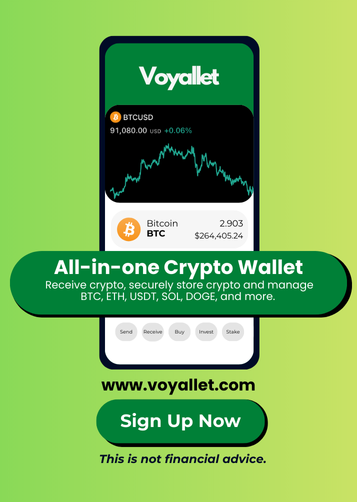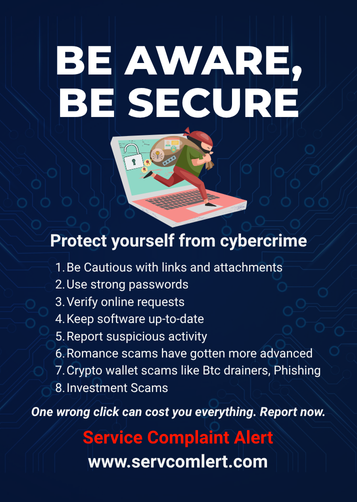The first sign of a compromised wallet often isn’t a flashing warning on your screen — it’s the sudden disappearance of funds you thought were untouchable. One moment your assets are quietly appreciating, the next, a transaction you didn’t authorize drains them to an unknown address. In an age where cryptocurrency thefts are executed in seconds and often traced to anonymous networks, securing your wallet isn’t just smart — it’s essential to survival in the digital finance world.
Why Crypto Wallet Security Matters More Than Ever
The rapid adoption of cryptocurrency has drawn not just investors but also a sophisticated wave of cybercriminals. Hackers have moved beyond brute-force attacks to exploit weak passwords, phishing links, insecure exchanges, and even human trust in cleverly disguised “support” agents. According to blockchain analytics firm Chainalysis, crypto thefts exceeded $3.8 billion in 2022 alone, with much of it unrecoverable.
Unlike traditional banking, there is no customer service line that can reverse a fraudulent blockchain transaction. Once your assets leave your wallet, they are gone — unless you take proactive steps to secure them. This urgency has turned wallet security into a core skill every crypto investor needs, whether you hold Bitcoin, Ethereum, or emerging altcoins.
Choose the Right Wallet Type for Your Needs
Wallet security starts with choosing the right type of wallet for your investment style and risk tolerance.
Hot Wallets — Connected to the internet, they are convenient for active traders but more vulnerable to hacks. Examples include mobile apps, browser-based wallets, and exchange wallets.
Cold Wallets — Offline storage devices such as hardware wallets or paper wallets. They dramatically reduce exposure to online threats but require careful backup management.
For most investors, a hybrid approach works best: keep a small amount in a hot wallet for transactions and store the bulk of your holdings in a cold wallet. Platforms like Voyallet integrate secure storage with investment and staking functions, reducing the need to juggle multiple tools.
Enable Two-Factor Authentication Everywhere
Two-factor authentication (2FA) adds a critical second layer of security to your wallet access. Instead of relying solely on a password, you also need a time-sensitive code from an authentication app like Google Authenticator or Authy.
Avoid using SMS-based 2FA whenever possible, as SIM swap attacks have become a common method for intercepting codes. App-based or hardware key 2FA is far harder for attackers to bypass.
Protect Your Private Keys Like Your Life Savings
Your private key is the master password to your crypto wallet. If someone else gets it, they get your funds. Never store it in plain text on your computer, email, or cloud storage.
Best practices include:
- Writing it down on paper and keeping it in a safe deposit box.
- Using a hardware wallet that stores keys securely inside the device.
- Considering metal backups for long-term durability against fire or water damage.
Remember, if you lose your private key and your recovery seed, there is no way to retrieve your assets.
Watch Out for Phishing and Social Engineering
Phishing attacks are no longer just suspicious emails with spelling errors. Cybercriminals now clone legitimate exchange websites, send direct messages on social media, or even call pretending to be technical support.
Signs of a phishing attempt include:
- Urgent messages demanding “verification” of your wallet.
- Links that lead to URLs slightly misspelled from the official site.
- Promises of “free” tokens or investment multipliers.
Always verify URLs manually, bookmark official pages, and never click wallet access links sent through email or chat.
Keep Software and Devices Updated
Security flaws in wallet apps, browsers, or operating systems can become open doors for hackers. Regularly updating your wallet software ensures you have the latest patches against known vulnerabilities.
The same applies to your phone or computer. Use reputable antivirus software, avoid public Wi-Fi for transactions, and consider a dedicated device for high-value crypto operations.
Diversify Your Risk and Back Up Everything
No security measure is flawless, so spread your holdings across multiple wallets or storage types. Back up your wallet’s recovery phrase securely and test it to ensure it works before you need it in an emergency.
For added peace of mind, create a security checklist that you review quarterly. Include reviewing authorized devices, updating passwords, and testing backups.
The Human Factor: Discipline and Awareness
Even the best hardware wallet won’t protect you if you fall for a convincing scam. Security is as much about mindset as it is about technology.
Stay informed about new attack methods, follow trustworthy crypto security channels, and treat any unsolicited offer — no matter how legitimate it looks — with suspicion.
Actionable Takeaways
- Use a combination of hot and cold wallets to balance convenience and security.
- Enable app-based 2FA, avoiding SMS whenever possible.
- Store private keys offline in secure, redundant locations.
- Be hyper-vigilant against phishing attempts and social engineering.
- Keep all wallet software and devices updated.
- Back up your recovery phrases securely and test them.
Closing Insight
In cryptocurrency, security isn’t a one-time setup — it’s an ongoing discipline. The strategies you implement today can protect not just your current holdings, but the financial freedom you’re building for the future. Treat your crypto wallet like a personal vault in the digital age, and you’ll stay one step ahead of those looking to break in.


















